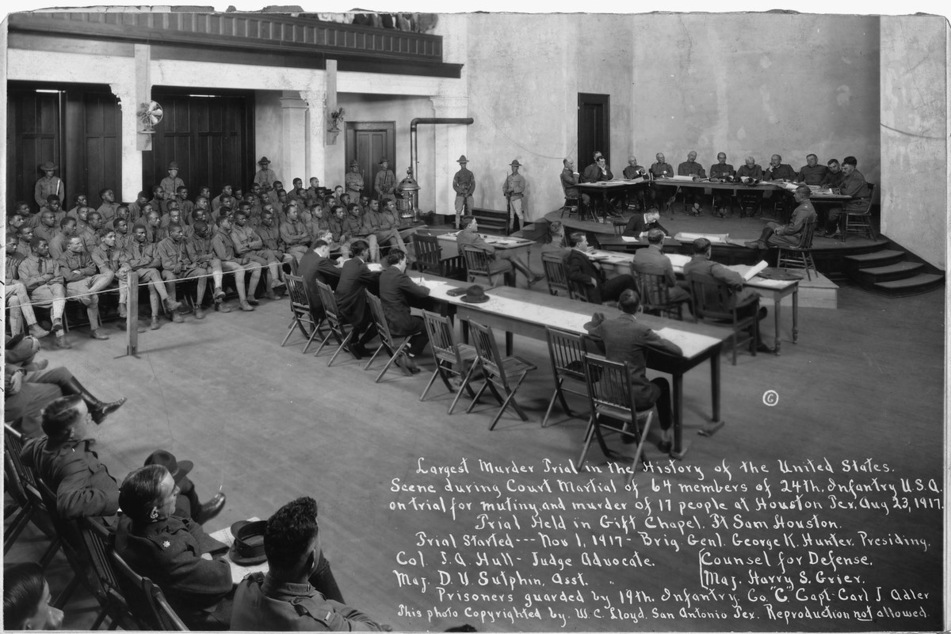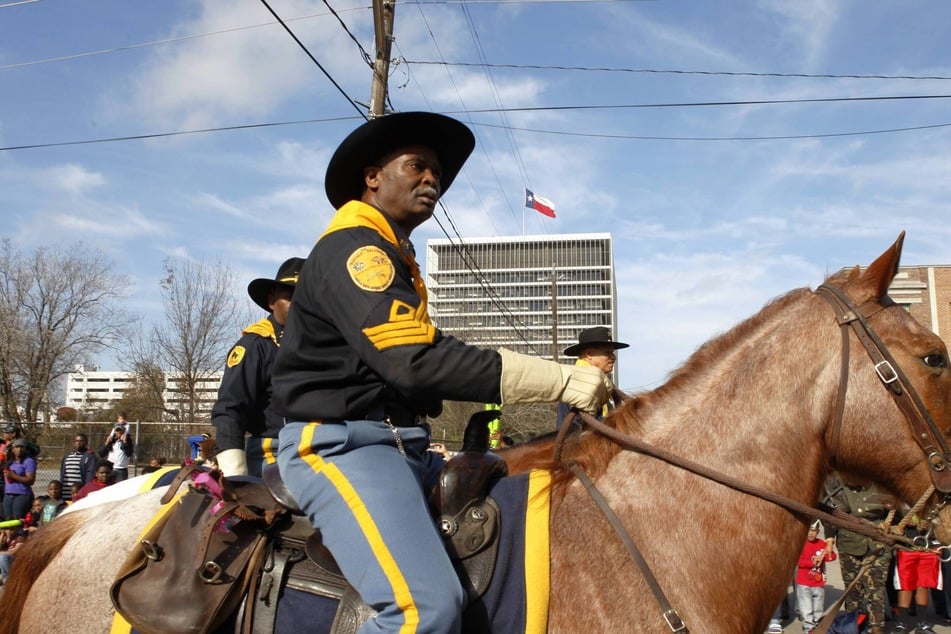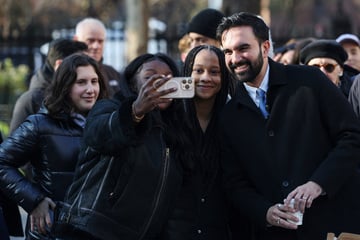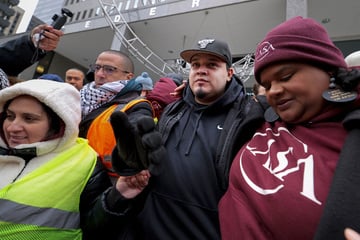US Army overturns Jim Crow-era convictions of Buffalo Soldiers: "Their souls are at peace"
Houston, Texas - The US Army on Monday overturned Jim Crow-era convictions of 110 Black soldiers stemming from the largest murder trial in American history.

The reversal came more than a century after members of the all-Black 3rd Battalion, 24th Infantry Regiment – known as Buffalo Soldiers – were convicted of mutiny, murder, and assault for their alleged role in the 1917 Houston Incident. Nineteen were executed.
The US military has long been called to retract the convictions due to lack of evidence before the sentences were pronounced.
"We cannot change the past; however, this decision provides the Army and the American people an opportunity to learn from this difficult moment in our history," Army undersecretary Gabe Camarillo said in a statement.
The Army recognized the historic decision in a Monday ceremony at the Buffalo Soldiers National Museum in Houston, also attended by two descendants of the accused.
"It can't bring them back, but it gives them peace," Angela Holder told the Houston Chronicle. Her relative Cpl. Jesse Moore was one of the executed soldiers.
"Their souls are at peace," she added.
Buffalo Soldiers subjected to relentless racist hatred

The regiment of Buffalo Soldiers had been ordered to guard Camp Logan, an Army training site under construction in Houston. They arrived on July 27, 1917 – in the midst of World War I.
Serving in the US military did not protect the soldiers from the harsh Jim Crow apartheid laws and policies in full effect in the Gulf Coast city, or from harassment by local police.
The tensions culminated on August 23, 1917, after white cops raided a craps game played by Black men and violently arrested a Black woman. They beat up and took shots at the regiment's Cpl. Charles Baltimore when he tried to intervene.
Rumors got back to the soldiers that Baltimore had been killed. He later arrived in the camp bloodied but alive.
That night, a shot rang out, and someone yelled, "The mob is coming!" The soldiers grabbed their rifles in order to defend themselves against a racist attack and marched into the city.
By the next day, 17 people had been killed, most of them white.
The Houston Incident occurred during a wave of race massacres across the US during World War I and its aftermath.
Cover photo: Wikimedia/National Archives and Records Administration

